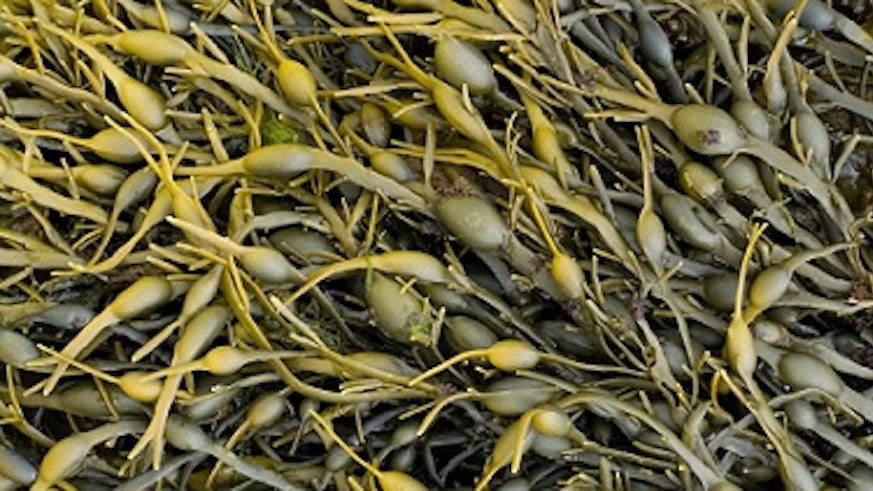Seaweed joins fight against disease
30 Ionawr 2014

The disease-fighting qualities of seaweed compounds are being investigated by an international network of scientists including experts from the University, AlgiPharma AS and Swansea University, with trials for new inhalation therapies for cystic fibrosis sufferers already underway.
As part of a four-year programme worth £5.4M, awarded by the Norwegian Research Council, researchers are employing novel approaches to synthesise and test alginate molecules (components of seaweed) to design a new generation of drug compounds capable of improving the effectiveness of antibiotics.
Research conducted by the universities has shown that these seaweed compounds are capable of combating multi-drug resistant infections and can change the physical structure of sputum (phlegm) in diseased patients.
Harnessing this knowledge, scientists have developed a new inhalation therapy that is being tested on cystic fibrosis patients with the aim of improving their breathing – the condition affects 10,000 people in the UK alone and leads to sufferers being hospitalised up to three times a year.
The new therapeutic could also be used in other more common respiratory diseases such as Chronic Obstructive Pulmonary Disease (COPD), which is reported to affect over 1 million sufferers in the UK.
Studies are also paving the way towards improved treatment of chronic non-healing skin wounds and multi-drug resistant infections, such as MRSA. These seaweed compounds are also effective against organisms that cause more benign conditions like gum disease.
Alginates are normal components of seaweed, like laver-bread, and have been used as gelling agents in food and healthcare industries for many years. However, the alginate being studied in this programme of research has never been used before to combat infectious diseases.